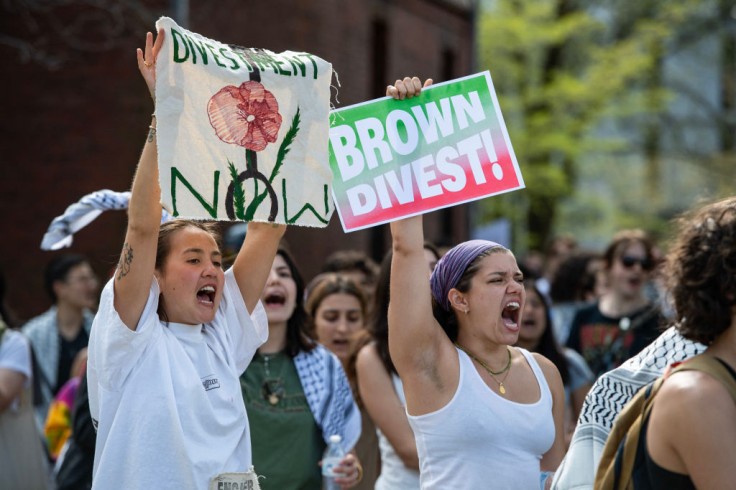Brown University Faces Federal Title VI Investigation Over Discrimination Concerns
By
PROVIDENCE, R.I. — Brown University is under a federal Title VI investigation by the U.S. Department of Health and Human Services' Office for Civil Rights, as announced in a Thursday evening email from university officials. The probe, which centers on Brown's compliance with Title VI of the Civil Rights Act of 1964, follows allegations of inadequate responses to protests outside its May 2024 graduation ceremony, raising questions about the university's handling of discrimination and harassment on campus.
The investigation marks an escalation in federal scrutiny of Brown, which has faced multiple Title VI complaints in recent years, including a resolved case in July 2024 over antisemitic and Islamophobic incidents. Title VI prohibits discrimination based on race, color, or national origin in programs receiving federal funding, and this review specifically examines whether Brown's actions—or lack thereof—during the commencement protests violated these protections. The university, already navigating a $510 million federal funding freeze tied to separate antisemitism and diversity policy concerns, now faces heightened pressure to demonstrate compliance.
The protests at Brown's 2024 commencement, which took place on a public street adjacent to campus, were part of a broader wave of pro-Palestinian activism that swept U.S. universities last spring. While Brown has maintained that its response adhered to federal laws, critics argue the university failed to ensure a safe environment for all students, particularly Jewish students who reported feeling targeted. The Brown Divest Coalition and other student groups have countered that such investigations are being weaponized to suppress dissent against U.S. and university policies regarding the Israel-Gaza conflict.
For Brown's campus community, the investigation adds to an already tense atmosphere. Students like Angel Romero '25, a member of the undocumented and first-generation student community, expressed uncertainty about how federal actions might impact financial aid and campus resources. Others, like graduate student Gillian Foo, voiced concerns about the broader chilling effect on academic freedom and job prospects in an increasingly volatile higher education landscape. The university's recent mandatory training module on discrimination and harassment, introduced in response to earlier federal agreements, has done little to quell these anxieties.
Administrators, led by President Christina Paxson, have emphasized Brown's commitment to fostering an inclusive environment while defending its academic mission. In a prior statement, Paxson outlined plans to protect university autonomy against federal overreach, including potential legal action to safeguard funding and values. Yet, with the Title VI probe now underway, Brown faces a delicate balancing act: addressing federal concerns without alienating students and faculty who view such investigations as politically motivated.
The outcome of this investigation could have far-reaching implications. A finding of noncompliance might lead to stricter oversight, policy changes, or further funding cuts, compounding Brown's existing $46 million budget deficit. Conversely, a successful defense could bolster the university's case against the funding freeze and set a precedent for other institutions facing similar scrutiny. For now, Brown's community awaits clarity, with many bracing for a prolonged battle over the university's values and future.
© 2025 University Herald, All rights reserved. Do not reproduce without permission.








